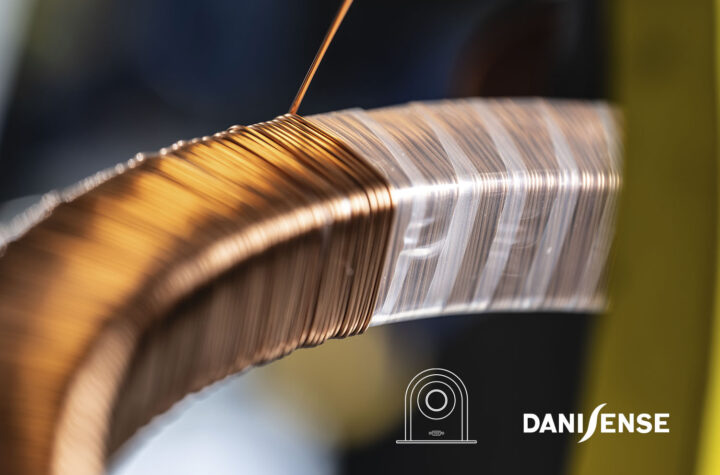
Whether because of world airline need for new sources of JetA fuel due to cost and availability, or because of greenhouse gas emissions restrictions at flight origins and destinations, new feed stocks for aircraft fuel have become the object of major commercial development efforts. One of the interesting potentials, discussed in “The National” (publication) is a planned project by the Masdar Institute of Technology (affiliated with MIT) to combine aquaculture with the growing of biofuel producing plants on marginal land.
It is funded by Etihad Airways, Boeing, Honywell, Safran and the Abu Dhabi Government. The project director, Dr. Jonathan Jed Brown, is head of the integrated seawater energy and agriculture system project at Masdar. Masdar, is a recently formed large R&D facility in the UAE. It counts as its overall prime objective for its oil-producing clients as the development of new oil to replace long-term dwindling reserves of petroleum. Reducing greenhouse gas emissions from aircraft using the new fuel is equally important. Dr. Brown explains that a 500 acre pond system will be built in an arid coastal area.
The plan is for fish or shrimp to be grown in ponds using seawater pumped from the Arabian Gulf. The wastewater from these ponds will be used to irrigate fields of salt-tolerant oil bearing plants such as salicornia and halophytes. The halophytes will produce a useful product, such as oilseed, to be turned into biofuel, as well as a woody biomass that can be further processed into fuel or other products, and fodder. Additional waste water will then be drained into mangroves. The resulting oil seeds and cellulosic materials together will be harvested for their sources of biofuel feed stocks.
The Abu Dhabi Urban Council and Western Region Municipality are selecting locations for the pond system and expect a decision by year end. Needless to say, Arabia and North Africa have huge coastal areas with access to salt water, for cultivation of salt tolerant plants and sea food. Dr Brown reports that actual consumption of fresh water is small, as it will rely on seawater, and without degrading arable land that could be used to grow conventional crops. The salty land it will use would not support conventional crops – so the project will in effect turn previously commercially useless land into a useful, biologically active area. And it should all be sustainable in its energy use, greenhouse gas emissions and environmental impact. Aquaculture, which already accounts for almost half the world’s fish consumption, is the fastest-growing food producing sector.
While this “blue revolution” has the potential to limit the pressure on stocks of wild fish and provide protein for the growing population, aquaculture still poses environmental challenges. Many aquaculture operations discharge wastewater containing fish wastes and uneaten fish feed. High in nutrients, this wastewater can cause a rapid growth in the population of algae, some of which is toxic. When the algae die their decomposition uses substantial amounts of the oxygen in the water, which in turn kills many other organisms. Adding dimension to the project is the license granted by Honeywell UOP to Masdar for its RTP and EcoFining technology which broadens the properties of different feed stocks that may be converted to high specification JetA. (diesel fuel will come from other UOP licensees). UOP’s stated position that fuel derived by its system will be cost competitive against petroleum is another cornerstone of the program. At issue, therefore, is the question of the economics of joint sea food farming and production of new fuel raw material; and best related areas of the world for such operations















More Stories
Automating ECU testing for automotive transfer cases using HIL
New LLC Switcher IC From Power Integrations Delivers 1650 W of Continuous Output Power
LTE IoT 10 Click Click board from MIKROE provides reliable IoT connectivity